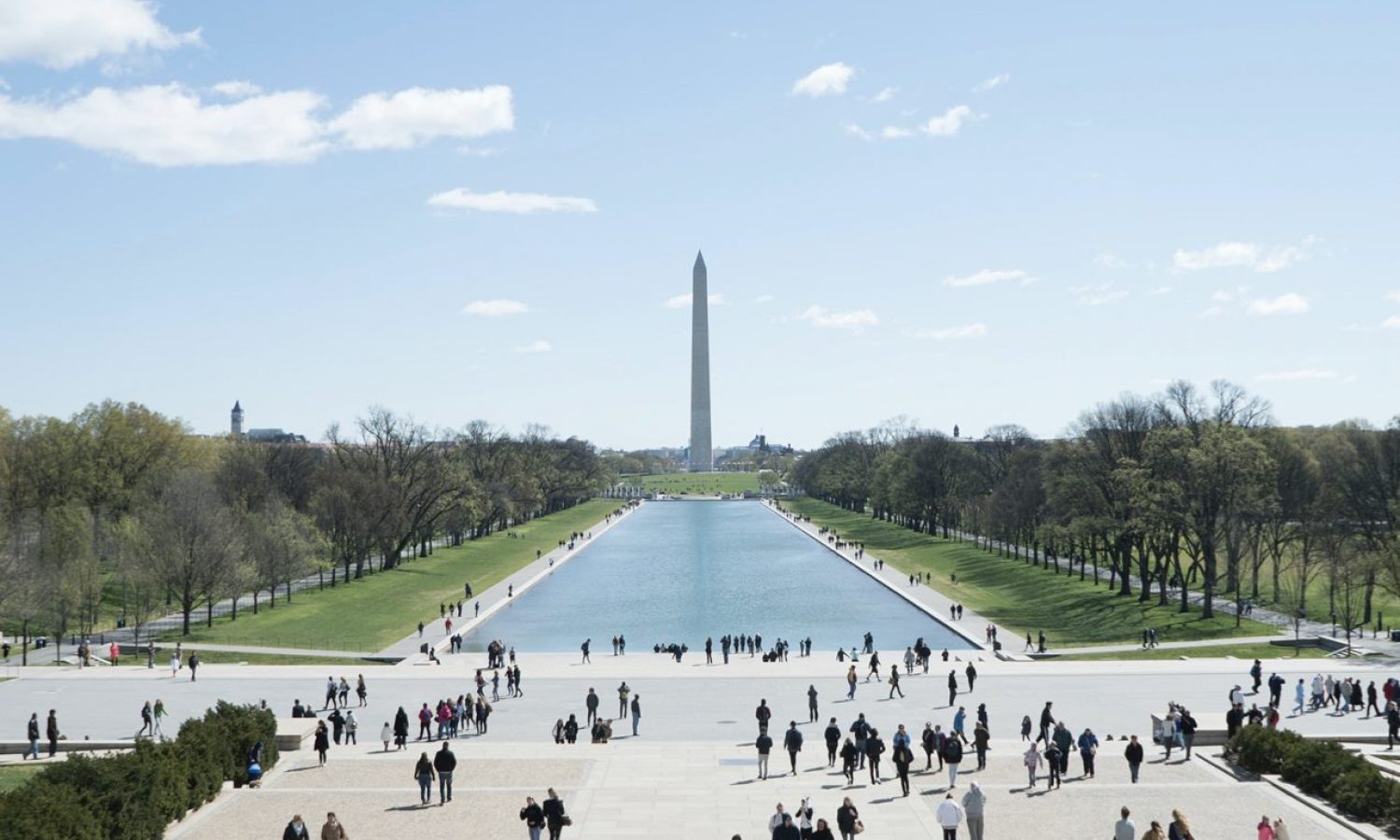i2Coalition December 2023 Legislative Brief
Your brief update on important Internet policy issues
OUTLOOK
In January Congress will return to Washington facing a heavy, time-sensitive workload. In late December, despite delaying the start of their holiday break to continue negotiations, Senators were unable to agree on a framework for an FY 2024 supplemental funding package to provide aid to Ukraine and to Israel and establish border security and immigration policy reforms. This work will resume in January, when Congress also needs to quickly meet two deadlines (January 19 and February 2) for passage of the FY 24 appropriations bills. If those dates pass without FY 24 funding progress, then the U.S. will again face federal government shutdown threats. Presidential election politics will accelerate rapidly in January with the Republican Iowa caucuses on January 15 and the January 23 primary in New Hampshire. The House Republicans voted on December 13 to formally authorize a Biden impeachment inquiry. In the new year, the Republican-led House committees on Oversight, Ways & Means, and the Judiciary will continue investigating Biden over accusations he leveraged his Office of Vice President during the Obama administration to enrich his family through foreign business deals. Meanwhile, on December 19, adding to candidate and former President Trump’s various legal battles, the Colorado Supreme Court ruled by a 4-3 vote that Trump’s name cannot appear on Colorado’s primary election ballot under Section 3 of the 14th Amendment to the Constitution because he engaged in insurrection on January 6, 2021. The Trump campaign has vowed to swiftly appeal the decision to the U.S. Supreme Court, which is already reviewing several other cases involving the former President.
TECH POLICY PRIORITIES
Section 230/Intermediary Liability/Content Moderation. The Senate passed legislation (the REPORT Act, sponsored by Sens. Blackburn (R-TN) and Ossoff (D-GA), which aims to strengthen the reporting process for social media companies regarding sexually exploitative content involving children. Sen. Josh Hawley tried unsuccessfully to quickly pass by unanimous consent in the Senate the legislation he sponsored with Sen. Blumenthal (D-CT) to declare that Section 230 immunity will not apply to claims based on generative AI. The Senate Judiciary Committee continues its plan to hold a Jan. 31 hearing addressing children’s online safety with CEO-level witnesses from social media companies.
Federal Privacy. Efforts to schedule Senate floor votes on pending children’s online privacy and safety bills that were approved by the Senate Commerce Committee will resume in 2024 when Congress returns. The House Energy and Commerce Committee has not yet offered text for a comprehensive federal consumer data privacy and security bill in this Congress. The House Energy and Commerce Chair Cathy McMorris Rodgers (R-WA) believes that a critical first step toward achieving U.S. AI leadership is passing a national data privacy standard.
Copyright/IP. On December 13, the U.S. House Judiciary Subcommittee on Courts, Intellectual Property, and the Internet held a hearing to examine the current state of copyright infringement on the Internet, especially issues related to illicit streaming services. A growing number of content industry advocates are calling for Congress to create a new federal right of publicity to address the unprecedented scale on which AI tools can facilitate the improper use of a creator’s image, likeness, and voice.
Antitrust/Competition. The U.S. Justice Department and Federal Trade Commission released the final version of new merger guidelines on December 18. A jury ruled in favor of Epic Games in its lawsuit against Google, finding that Google’s app store and billing service constitute an illegal monopoly. Google plans to appeal. Amazon filed a motion to dismiss the lawsuit filed against it by the FTC and 17 states which alleges that Amazon engages in illegal online sales tactics.
Broadband. The FCC received multitudes of public comments in response to the Open Internet rulemaking in which it proposes to reclassify broadband Internet access service as a Title II telecommunications service under the Communications Act and to reinstate bright-line rules to prevent blocking, throttling, and paid prioritization. Reply comments are due on January 17. The World Radiocommunication Conference 2023 (WRC-23) in Dubai, United Arab Emirates, concluded on December 15. The U.S. delegation touted the successful advancement of policy priorities across a range of U.S. interests that depend on the finite, critical resource of radiofrequency spectrum. Congress is still working through a number of unsettled wireless issues, including the need to restore the FCC spectrum auction authority that lapsed on March 9, 2023.
Find Out More…
For more in-depth updates on Internet policy, including issues that specifically impact your organization, please contact us about joining the i2Coalition.

